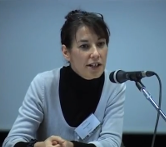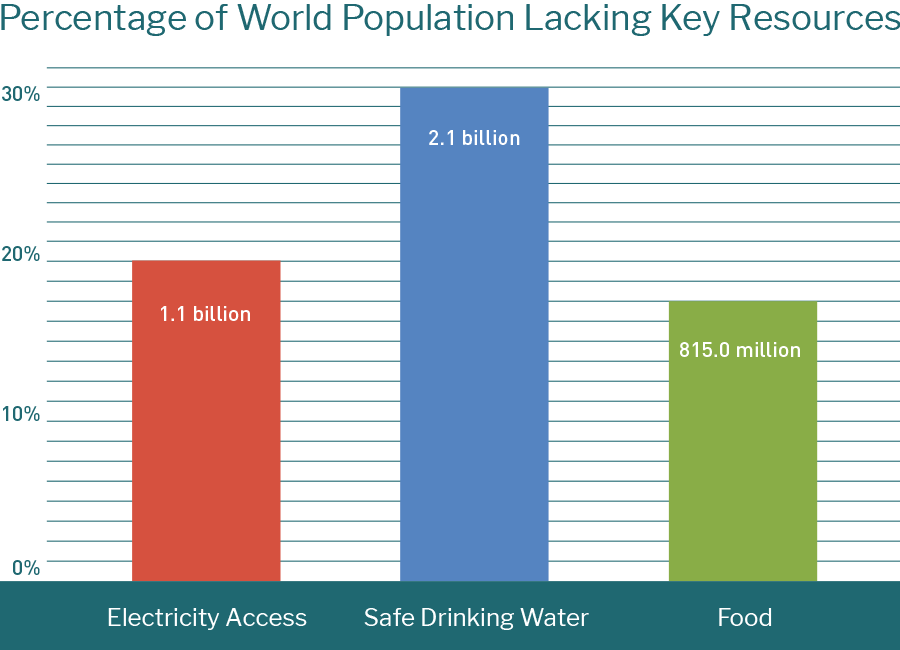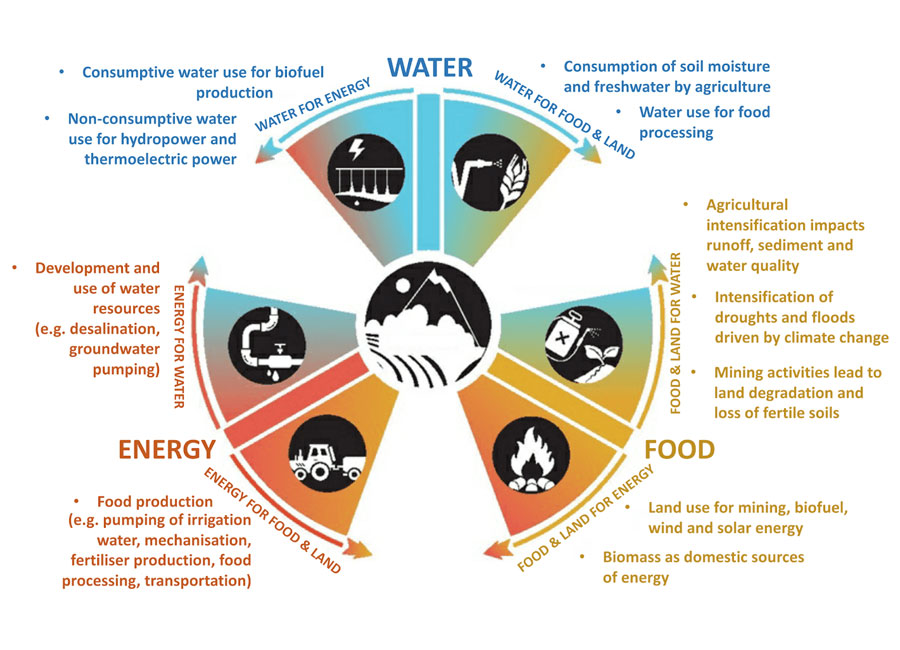Delivering water, energy, and food for all in a sustainable and equitable way is one of the major challenges faced by our societies.
Future Earth’s Water-Energy-Food Nexus Knowledge-Action Network is a network of people and organizations working to address nexus challenges. We’re fostering transdisciplinary research and communicating the importance of holistic system approaches across water, energy, and food systems.
The Network is unique in that it is not dominated by any one of the three sectors, instead providing a balanced platform for discussion and agenda setting. Together with Future Earth’s Global Research Projects, the Network brings together experts from across disciplines to break down the silo-thinking which inhibits transdisciplinary research and solutions.
Mission
The mission of the Future Earth Water-Energy-Food Nexus Knowledge-Action Network is to co-create the knowledge needed to deliver water, energy and food for all in a sustainable and equitable way. The Water-Energy-Food Nexus Knowledge-Action Network acts as a liaison between Earth system science, social science, humanities, and society to explore and promote science-based solutions to address pressing water, energy and food system challenges. The Water-Energy-Food Nexus Knowledge-Action Network does this by generating sustainable pathways, which identify synergies between water, energy and food systems and take into account trade-offs among these essential human needs. The generated sustainable pathways provide a solid foundation on which policy and management decisions can be made.
Figure 1: The percentage of world population lacking access to electricity, safe drinking water and food. Data from World Bank (2014), WHO and UNICEF (2015) and FAO (2016).
System interactions
Interactions between water, energy and food systems are manifold. These interactions intensify as demand for resources increases. Ongoing growth in global population combined with societal shifts towards ever more resource-intensive lifestyles are putting these systems under increasing pressure. By 2050, according to most of the baseline scenarios, the demand for energy will nearly double while water and food demand is expected to increase by over 50%. Add in major environmental challenges, including climate change, land use change, and the depletion of natural resources, and the urgency for action becomes clear.
Examples of connections between water, energy and food systems. Adapted from United Nations Economic Commission for Europe 2016.
Steering Committee
The Steering Committee initiates and stimulates activities in the Nexus Knowledge-Action Network. These activities aim to enhance collaboration and interaction among the research communities and practice communities working on nexus issues, spurring the co-creation of new knowledge and the application of knowledge in practice.
The Steering Committee consists of 8 members, representing a broad range of expertise, sectors and regions. They identify research priorities and related activities, seed project ideas that have the potential to catalyse transformations, lead or become involved in some of the activities initiated by the Knowledge-Action Network, and collaborate to develop partnerships and expand funding.
The regular term of Nexus Knowledge-Action Network Steering Committee membership is three years and may be renewed for an additional three years.








Facilitation Team
Activities of the Water-Energy-Food Nexus Knowledge-Action Network and the work of its Steering Committee are supported and facilitated by a team of the Future Earth Secretariat.



